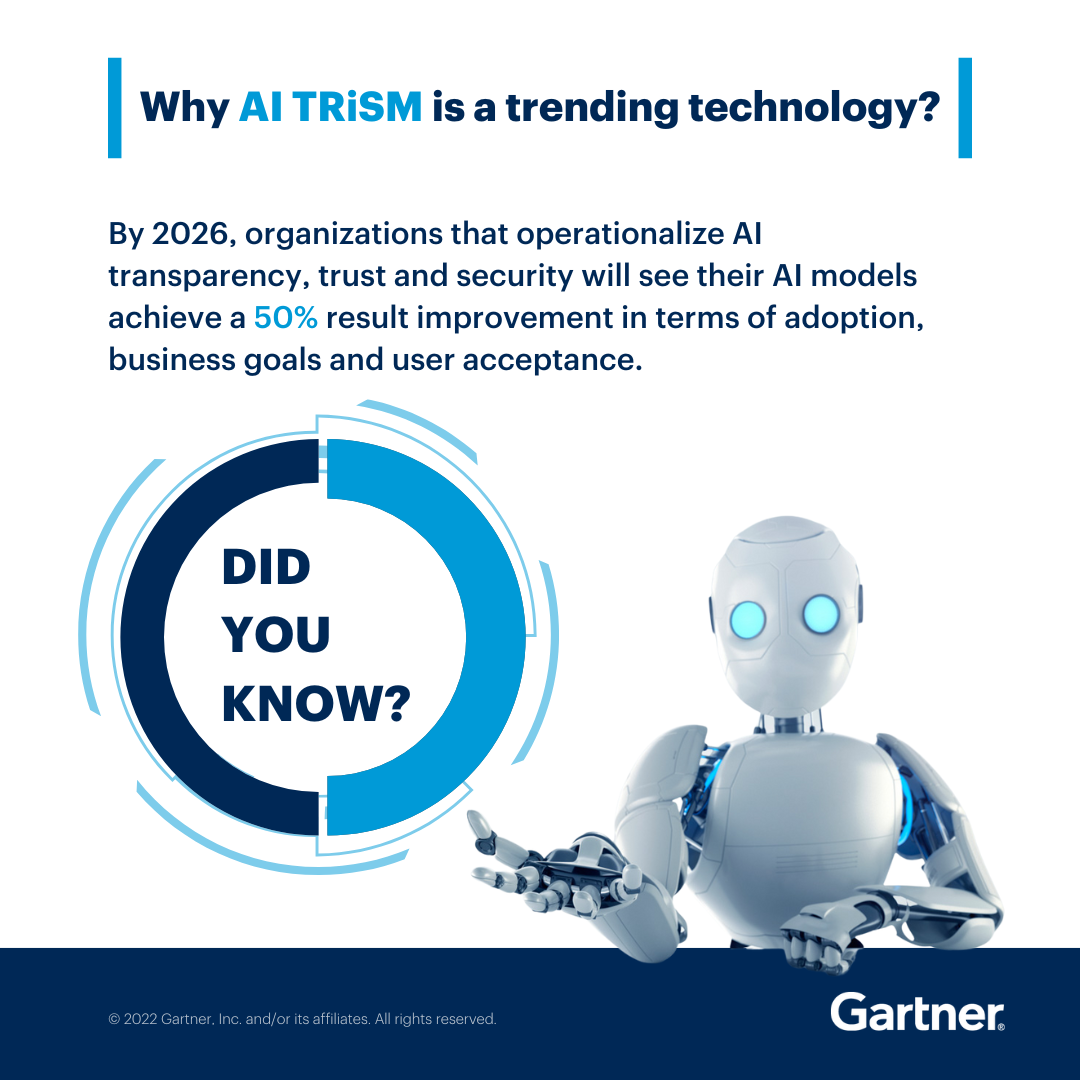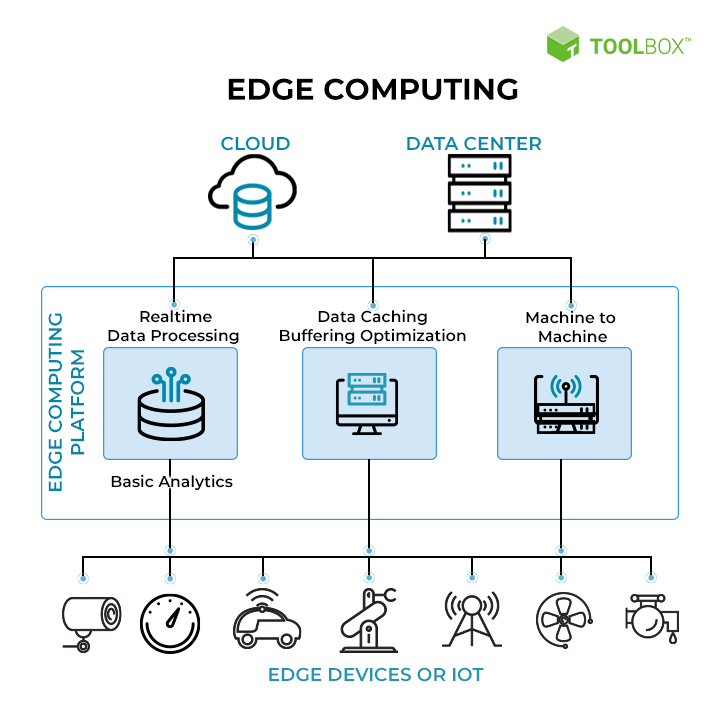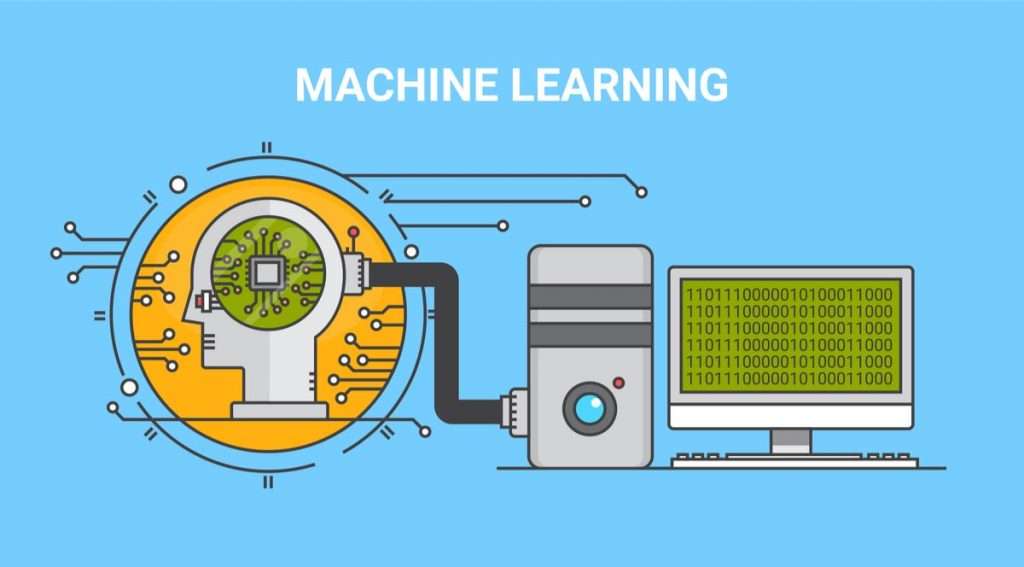The widespread use of digital technologies and the resulting generation of a lot of data dominate modern culture. Data science enables the extraction of patterns and the deduction of important insights. Possibly no industry today does not feel the need for data science. Finance, healthcare, retail, insurance, and other industries use it extensively. In order to streamline their operations and make decisions based on the knowledge gained from data analysis, organisations are implementing data-driven models.
Data science as a field is expanding rapidly due to the availability of data, technical advancements, and rise in processing capacity of machines. By 2024, 75% of firms will have a dedicated data and analytics team, predicts a consultancy firm. Businesses can promote innovation and manage market uncertainty by anticipating future trends in this field. Here are some of the top Data Science Course you can check out.
Table of Contents
Adaptive Artificial intelligence
In contrast to conventional AI models, which are trained on a fixed, historical dataset, adaptive artificial intelligence (AI) refers to the process through which AI models are continuously updated utilising real-time feedback due to changing environmental conditions. A self-driving automobile is one example where the AI model instantly adapts to changing real-world circumstances based on new data and changed targets.

Image source- Latent AI
AI TRISM ( artificial intelligence trust, risk and security management)
According to a consultancy company, AI TRiSM is a framework that enables data privacy, robustness, efficacy, fairness, and trustworthiness for AI models. By 2028, they predict that AI-powered machines would replace 20% of the world’s labour and 40% of all economic productivity, although most of the AI models that are implemented are unintelligible. Managing security concerns is crucial for businesses that heavily rely on AI. Models might not perform as expected, and there might be privacy, security, and reputational loss issues. Organisations will need to manage AI trust, risk, and security in order to develop durable data science infrastructure, generate better results in terms of AI adoption, and meet business goals and user approval.

Image source- Gartner
Industry cloud platforms
An industrial cloud platform is a group of cloud services and programmes created for a particular sector of the economy, such as healthcare, banking, retail, or life sciences. Industrial cloud platforms are a new trend since they benefit businesses by providing flexible and pertinent solutions. Cloud services have developed and are now more than just providers of software and storage. In order to assist businesses in meeting their data and technological needs, they provide tailored solutions for particular industries.
Software-as-a-Service (SaaS), platform-as-a-service (PaaS), and infrastructure-as-a-service (IaaS) are now combined on cloud platforms with tools created to address the problems those businesses confront. For instance, financial service providers require AI and cutting-edge data analytics to better understand customer behaviour. The financial services industry is likewise heavily regulated, with certain information security requirements that must be met.
Along with offering their customer a custom solution, a cloud provider for financial services organisations must adhere to certain standards for data safety and compliance.

Image source- Forbes
Edge computing
A variety of networks and gadgets that are either close to the user or the data source are referred to as edge computing. On an edge device, machine learning models gather, process, and identify patterns in the raw data. This makes it possible to handle massive amounts of data more quickly, which reduces latency and produces speedier results in real time. TinyML and edge computing are frequently combined in smart products, drones, and autonomous vehicles.

Image source- Spiceworks
Auto AI/Auto ML
The goals of automated machine learning (AutoML) and automated artificial intelligence (AutoAI) are to make ML and AI more approachable to persons with little or no experience in order to train high-quality models that are tailored to their needs. They automate the procedures for choosing, creating, and setting parameters for machine learning models used to solve real-world issues.
This shortens the training period for ML models and speeds up and simplifies the machine learning process. Automation of the machine learning application process has the benefit of generating faster-deployable, simpler, and more effective solutions, which can save enterprises a significant amount of money. In finance, fraud detection and risk assessment, threat assessment in cyber security, and auto prognosis in healthcare are some of the common applications.

Image source- Pachyderm













